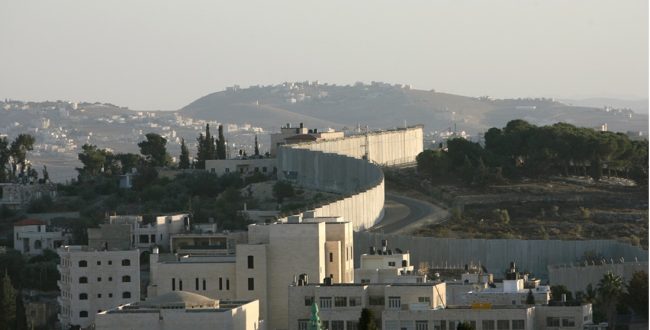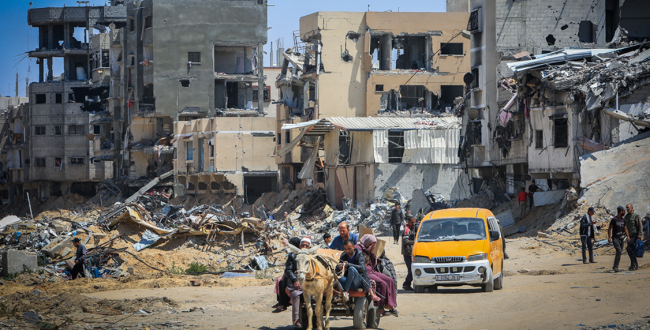In the Arab world, sophisticated conspiracy theories are prevalent in relation to the Western powers and in relation to the Jews. As is the case with conspiracy theories around the world, they are fueled by shards of information, rumors and beliefs passed down from generation to generation. Most of them can be ridiculously dismissed, but at times they are very amusing or irritate the reader's imagination and intellect. Finally, it is inevitable to take into account that some of them are true, according to the well-known saying: "in the Middle East there are no conspiracy theories, there are only conspiracies". In any case, it is important to be familiar with conspiracy theories not only for the purposes of research and seasoning lectures with anecdotes, but because they shape perceptions of reality, public opinion, and ultimately political and political moves as well.
Two such theories that are prevalent today in the Arab world and are related to each other are the publication of WikiLeaks documents and the "Arab Spring." The idea behind them is that in recent years, following the painful and costly US experiences in Iraq and Afghanistan and even more so after Obama came to power, the world power realized that it could no longer navigate its relations with the Middle East through pro-Western authoritarian rulers cut off from their people. The West's confrontation with the various versions of "Islam" around the world required a rethink in light of the small successes and major failures of the "Global War on Terror." "Such a leader is gaining local and regional popularity due to his religious beliefs and political assertiveness, and yet he is part of the legitimate diplomatic game (unlike leaders of terrorist organizations for example). With such a leader it is possible."
To the credit of those who believe in this conspiracy it can be said that they discussed and turned it into the Arab public discourse long before the publication of WikiLeaks documents and the outbreak of the "Arab Spring". The first signs of the hard public friction between Erdogan's Turkey and Israel over "cast lead", and the growing discourse on "neo-Ottomanism" that Turkey adopts or does not adopt, were the signal for the formation of suspicion of conspiracy in the Arab world. WikiLeaks documents, which unprecedentedly exposed the shame of the Arab ruling elites (among others), and the ensuing "Arab Spring", were only layers and "proofs" that finally convinced believers that their prediction was coming true. Obama's defiant speech against Mubarak against the background of the hundreds of thousands demonstration in al-Tahrir Square was immediately perceived in the Arab world as a cruel repercussion of a ruler who did the US will for decades, and interpretations in this spirit were very common in the Arab press in all its forms (including Islamist). These, and when the image of the United States "
The news and leaks circulating in recent months about a quiet dialogue between the US administration and the EU and the Muslim Brotherhood movements in the Arab world "confirm" the thesis of those who believe in the conspiracy theory: The West not only responds to the Arab Spring, but reaps the fruits of its early planning. It is no wonder, then, that the conservative states, those whose regimes (yet?) Have not been beaten by the Arab Spring, are gathering lines and fearing the coming days. Of course, any ordinary person will be able to find, even while reading things, many examples and facts that refute this theory. But this does not matter at all as long as there is public opinion and elites who believe in it.
The obvious question is whether Israel would not do well to treat the conspiracy theory as if it existed, and to act accordingly. The West, no doubt, is developing channels of dialogue with political Islam in the Arab world that is willing to play the democratic field, even if its interpretation of it differs from that of the liberal-democratic system rooted in the West. Israel must consider whether it wants to join the process or look at it from the side in anxiety .

















